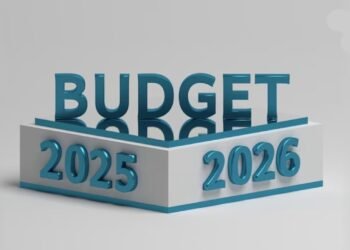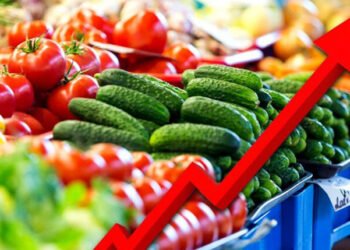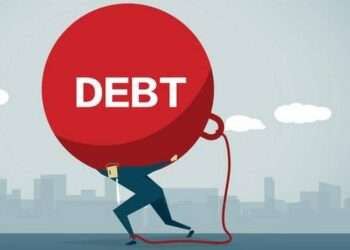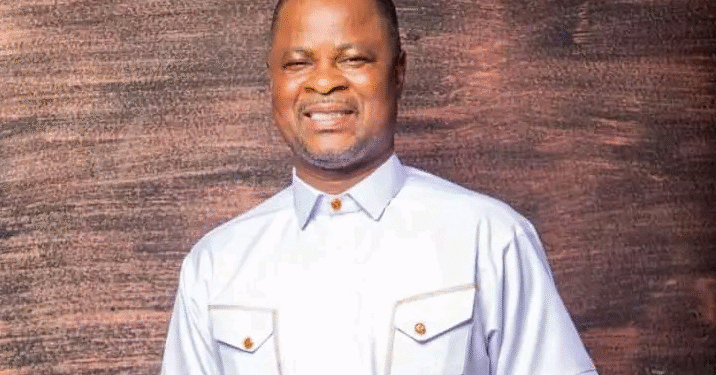Finance Minister, Ken Ofori-Atta, has described the newly launched Economic Enclave Project (EEP) under the Ghana CARES programme as a watershed moment in Ghana’s economic history.
According to him, the EPP through the Ghana CARES programme, would provide a catalytic framework to holistically address the structural challenges in the economy by shifting Ghana from import-driven to a self-sufficient and export-oriented economy.
The Finance Minister has therefore, extended Government’s invitation to individuals, private sector actors, organized groups, churches, traditional leaders, financial institutions who can secure or own 1000 acres and above, to come on board.

“We will provide support such as land development and facilitate access to credit, including the recently approved GHC 500million from the Development Bank Ghana.
“This is a real and collective effort to replicate the images of the mass land of cultivated fields we see while flying over other countries that are characterized as the ‘food baskets’ of the world.”
Ken Ofori-Atta
Ken Ofori-Atta revealed that the project would also help the country to improve its food security and enable it to eventually optimize the single market opportunities that the African Continental Free Trade Area (AfCFTA) offers.
During the launch, Numo Moses Otutetey Akpakposu, Father of the Kusanya Stool Land, lamented that farmers in Tsopoli and its surrounding communities often suffered a lot of post-harvest losses because they do not have access to mechanised processing and other facilities.
He was, however, optimistic that these challenges would be a thing of the past with the implementation of the EEP and called on all stakeholders to give it the needed support to improve the lives of farmers, traders and all actors in the agriculture value chain to earn more income.
Reducing reliance on food imports
The Economic Enclave Project (EEP) under the Ghana CARES programme was launched at Noyaa Akutso in Kasunya-Nyaphienya in the Greater Accra Region.
Speaking on behave of the President, the Chief of Staff of Ghana, Akosua Frema Osei-Opare, noted that over the last few years, the Government had been charting a path to a Ghana Beyond Aid, but several overlapping malevolent forces, including the outbreak of COVID-19 pandemic, has viciously interrupted the pursuit of economic transformation.
“It would be unwise to continue to put pressure on the Cedi by importing vast amounts of food items that we can produce locally. It would be unwise to continue to depend on others for our food and other essentials when supply chains have proven unreliable, and rising nationalism can be easily instigated.
“In fact, it would be unwise to keep supporting employment elsewhere by importing more when our youth continue to actively look for jobs here. It would be unwise not to allow the private enterprise to lead the transformation of our economy.”
Akosua Frema Osei-Opare,
The project, she said, would help reduce imports, improve Ghana’s food security, and promote value-addition and accelerate infrastructural development and enhance market linkages in food growing areas.
The Economic Enclave Project
The Economic Enclave Project under the Ghana CARES programme is a 10,000-acre mixed-use economic space which seeks to create a viable ecosystem for private sector to engage in commercial farming.

The objective is to significantly expand Ghana’s productive capacity in rice, tomato, maize, soya, vegetables, and poultry. The EEP complements existing Government agriculture initiatives (e.g. Planting for Food and Jobs and Rearing for Food and Jobs) as a targeted effort to assist the private sector to engage in commercial agriculture.
About 200,000 jobs (105,000 direct and 95,000 indirect jobs) are expected to be created by the EPP for unemployed youth, which would also provide them with a decent source of income, with beneficiaries undergoing a mandatory training on good agronomic practices in rice production, group dynamics and entrepreneurship.
The implementation of the EEP is led by Key Millennium Development Authority together with these key partners; Ministry of Food and Agriculture; Ministry of Defence (48 Engineers Regiment – Ghana Armed Forces); Ministry of Energy; Ministry of Roads and Highways; Ministry of Lands and Natural Resources and the Ghana Irrigation Development Authority.
The rest are National Entrepreneurship and Innovation Programme; Ghana Incentive-based Risk-Sharing System for Agricultural Lending; Private Agriculture Value Chain Actors; MasterCard Foundation; and the Youth.
The project is expected to be extended to the Greater Accra, Ashanti, Central, Western North, Savannah and Oti regions.
READ ALSO: President Akufo-Addo Attends US-Africa Leaders’ Summit In Washington























